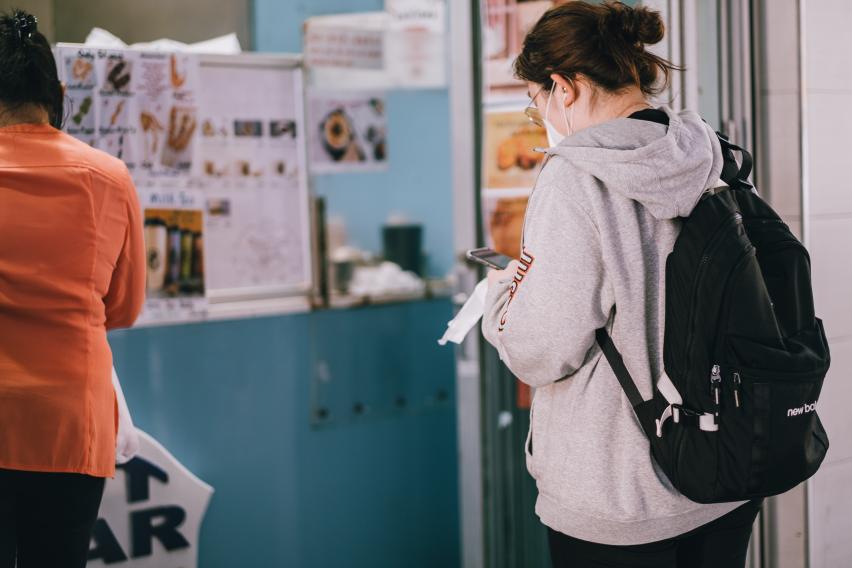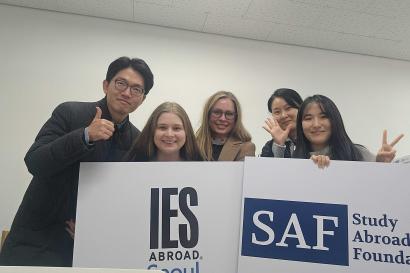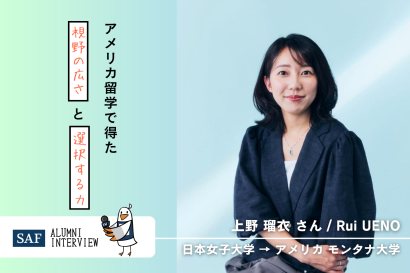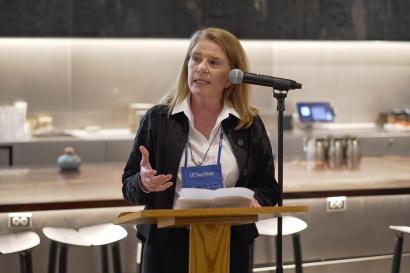The pandemic has virtually paralyzed the world for more than a year, but with vaccine programs being rolled out in several countries, there’s a palpable sense that the end of the ordeal could finally be on the horizon.
Once vaccination becomes commonplace in Japan and restrictions begin to loosen, how will its student population react? As the country and universities begin to lift travel restrictions, will the newly reinstated opportunity to travel freely and study abroad remain as appealing as before, or will the uncertainty of a post-pandemic world keep students away from study abroad programs?
Carol Carmody, Senior Associate Vice President for the Study Abroad Foundation (SAF), believes that these kinds of decisions by students are often made with a view towards how their home country as a whole reacts and behaves.
“[At the onset of the pandemic] we found ourselves with many students [abroad] from Japan who were struggling to make sense of what was happening around them,” says Carmody, speaking at “Japan in Focus,” part of a webinar series hosted by SAF. “From our perspective, it seemed that Japanese students were evaluating their reality through the lens of what was happening back home in Japan, and obviously, this concerned us.”
It is understandable why students may have reservations about if and when they return to study abroad programs. For many, their future plans are inextricably linked to their home university’s policies, and by extension, the Japanese government.
“There’s a strong aversion within universities to make any decisions that might be seen as going against government recommendations,” says Brett Rumminger, Director of SAF Japan. “Universities will generally not allow their students to travel abroad unless the government decrees the country to be at a permissible safety level, and currently under COVID, no countries meet the requirements.” The Japanese government has prioritized the vaccination of young people who intend to study abroad, and approximately 50% of SAF member universities in Japan are allowing fully vaccinated students study abroad onsite, even if the host country infection rate remains high.
Even so, many Japanese students who had hoped to study abroad this year have moved online, enrolling in virtual language and academic programs offered by SAF host university partners and IES Abroad. While virtual study abroad is not the same experience, says Rumminger, he believes that students still value the overall cultural experience afforded by overseas institutions.
“We need to remember that Japanese students at Japanese universities value that IES Abroad and SAF host university partners bring is a diversity of students and a high level of interaction with native speakers.”
While Rumminger predicts that the lingering effects of COVID-19 will increase acceptance of virtual education, even after travel restrictions are lifted, the main attraction for Japanese students will be the level of interaction that students have with native-speaking students and the local community. For that reason, he is confident that the appeal of study abroad programs that provide this level of cross-cultural engagement will remain strong.
“SAF is bullish on the Japanese market,” says Rumminger. “There are opportunities on the horizon in Japan, and we look forward to working with partner institutions to bring more Japanese students to their campuses.”




